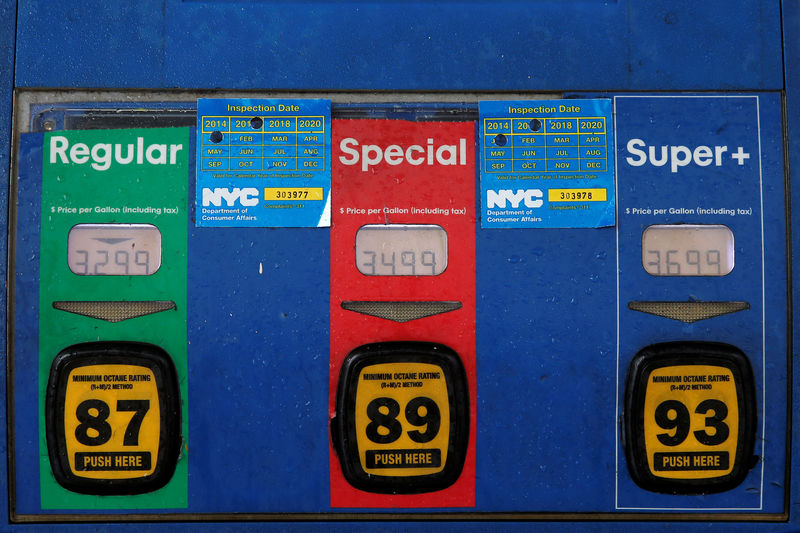By Alex Lawler
LONDON (Reuters) - Oil reversed early losses of almost 4 percent to trade above $46 a barrel on Wednesday, as the market recovered from an initial Brexit-like reaction to Donald Trump's surprise victory in the U.S. presidential election.
The result sparked a flight from risky assets in a move analysts compared to June's referendum in which Britons voted to leave the European Union. But the dollar steadied and European stocks pared losses, with traders citing what some saw as a conciliatory speech by Trump following his win.
Brent crude (LCOc1) was up seven cents at $46.11 a barrel by 0625 ET, after falling to $44.40, the lowest since Aug. 11. U.S. crude (CLc1) gained 1 cent to $44.99.
Trump's victory may have some implications supportive of oil prices, analysts said. For one, he has criticized the West's nuclear deal with Iran, an accord that has allowed Tehran to increase crude exports sharply this year.
"There are a lot of unknowns about what will be the Trump position in the geopolitics of the Middle East," said Olivier Jakob, analyst at consultancy Petromatrix.
"President Obama from the start of his election worked towards a detente with Iran and we can't be sure that President Trump will continue in the same direction."
Iran on Wednesday said Trump should stay committed to the deal.
Oil prices are less than half of their level of mid-2014, pressured by excess supplies.
The election result could compound the supply-side headwinds that oil producers face with demand concerns, said Daniel Yergin, vice-chairman of analysis firm IHS Markit and author of The Prize, a well known history of the oil industry.
"The outcome of the U.S. election adds to the challenges for the oil exporters because it likely leads to weaker economic growth in an already fragile global economy," he said. "And that means additional pressure on oil demand."
In an attempt to boost prices, the Organization of the Petroleum Exporting Countries agreed in September to cut output, although investor doubts have grown that it will be able to implement the deal at its next meeting on Nov. 30.
A report by industry group the American Petroleum Institute showed U.S. crude inventories rising by 4.4 million barrels last week, weighing on oil. That would be more than the 1.3-million-barrel increase analysts expected.

The U.S. government's official supply report is due for release later on Wednesday